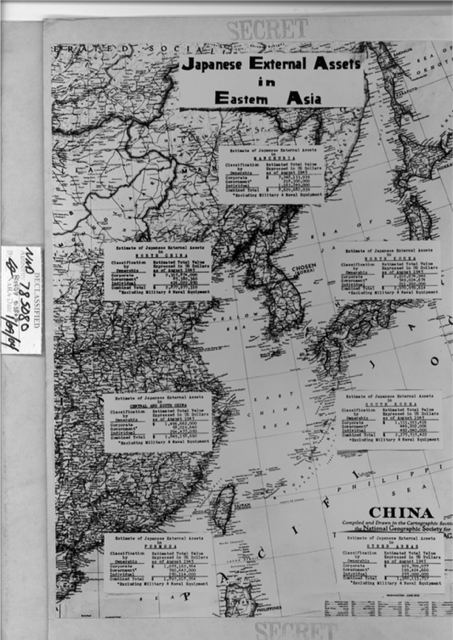Between the Collapse of Japanese Empire and Normalization with South Korea: Reconsidering Reparations, Memories and Regional Studies Centering upon Edwin Reischauer
Visiting Scholar Talks
Jan 21, 2022 | 12:30 PM - 2:00 PM
Speaker
Asano Toyomi | Professor, Department of Political Science and Economics, Waseda University; HYI Visiting Scholar, 2021-22
Chair/Discussant
Andrew Gordon | Lee and Juliet Folger Fund Professor of History, Harvard University
Update (1/18): Please note start time has shifted from noon to 12:30 pm EST
Co-sponsored with the Reischauer Institute of Japanese Studies and the Korea Institute
Held via Zoom – registration required: https://harvard.zoom.us/meeting/register/tJUpceqhrT8vHNxNnu_l58dEJZvlg3hyLgBm
The dissolution of Japanese Empire had been unique in these senses that (1) firstly, it was done by the allied powers as a result of the defeat with forced evacuation of its residents to its original territories disregarding economic breakdown of each region, (2) secondly the dissolution was originally planned by the US and UK agreement as a part of innovative allied reparation policy to convert such Japanese properties as left in ex-colonies for the basic infrastructure and industrial facilities of independent nations, ROC and a unified Korea in due course of its independence, (3) thirdly the reparation policies had eventually been transformed into economic corporation programs by Japan after 1947 in proportion with the revival of Japanese economic powers, not only because of cold war but because technology transfer had been difficult to be managed within a few years.
How such a unique reparation policy and development have been linked with contemporary history issues? I want to start arguing this point, focusing upon Edwin Reischauer’s role for formulating US inter-mediation of the normalization process between Japan and South Korea, who also advocated regional studies of Asia as a region, focusing upon each national emotion and psychology enframed with historical memories and democratic values, which should be reflected upon diplomacy.

Edwin Reischauer when 17 years old in Tokyo’s American school

Japanese external assets in Asia, made by the US Army
Upcoming Events
Visiting Scholar Talks
The Art of Seeing Flowers: Exploring the Lexical Landscape of Early Modern Japanese PoetryThursday, April 3, 2025
Visiting Scholar Talks
Chinese Migrants in the Middle East during the Mongol-Yuan Period: Settlements and ActivitiesTuesday, April 8, 2025
Visiting Scholar Talks
Contested Sociocultural Spaces of Aging in Rural China: From Older Adults’ Lived ExperiencesThursday, April 10, 2025
